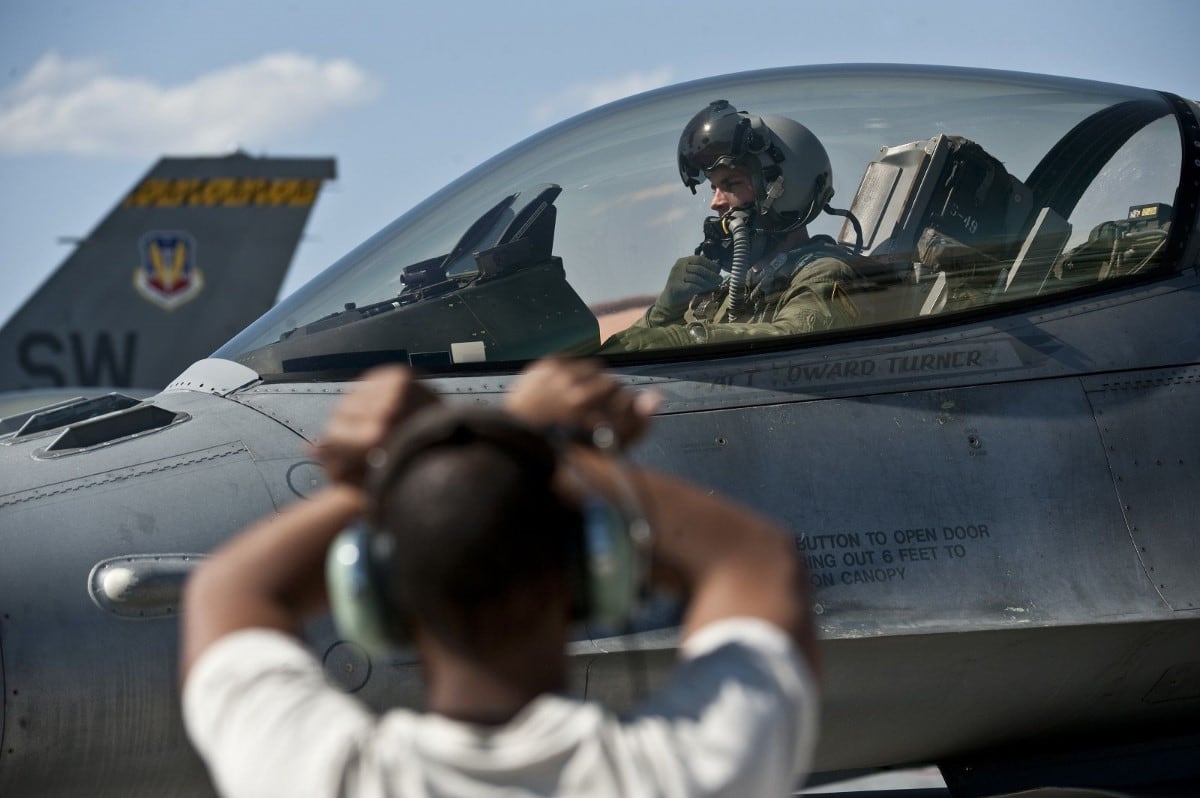In congressional testimony partly driven by Military Times’ recent investigation into a 40 percent rise in aviation accidents, Defense Secretary Jim Mattis warned Congress that the deep cuts to pilot hours and lack of ready aircraft that are partly to blame will not find a quick fix.
“We cannot repair our way out of the situation we are in,” Mattis told members of the House Armed Services Committee Thursday.
“We’re actually going to have to buy, in some cases, the capabilities we have simply worn out and had to set aside and can’t even be repaired, whether it be aircraft where squadrons do not have enough, or it be ships that cannot go back to sea on time, because when we open them up, long overdue for their maintenance period, we find things wrong inside that lengthen their time in the shipyard.”
On Sunday, Military Times published a series of in-depth investigative pieces driven by 7,500 accident records obtained through Freedom of Information Act. Through analysis of the data, it found that Class A through Class C mishaps involving the military’s manned bombers, tankers, cargo planes, fighter jets and helicopters rose from 656 per year in 2013 to 909 in 2017 ― a 39 percent increase.
Across each of the services, the steep cuts made to maintainers, pilot hours, training and depot work to meet the 2013 budget cuts, coupled with the intensified global security threats, sharply increased the number of accidents per year the services were reporting, the series found.
The trickle-down effects from those cuts continue, Mattis told lawmakers Thursday.
“When you put all of this together, this is why you can have young officers getting promoted to major, for example, that have not had the same flight hours … that a lieutenant or a captain would have had. They have not had the opportunity because we have not funded for it. The aircraft are not available, the spare parts and the maintainers have not been there.”
RELATED

Committee chairman Rep. Mac Thornberry, R-Texas, said that Military Times’ findings, coupled with an “ alarming number of aviation accidents in just the past 3 1/2 weeks, reveals how deep the damage goes and the magnitude of the task of repairing and rebuilding our capabilities.” He asked Mattis how the Pentagon was addressing the issue.
Mattis said the issue has his full attention. He said he was not looking for someone to blame for the sharp rise in accidents, and that the recently passed fiscal years 2018 and 2019 agreement will help heal some of the readiness gaps.
“This is not pointing a finger at anyone in particular ― it’s where we’re at and we deal with it,” Mattis said. “I’ll let the historians deal with, ‘How did we get here.’”
“With your help, we are now going to be able to come out from underneath this and put our readiness back where you expect it to be when you put out billions of taxpayer dollars for various parts of the military,” he said. “We are keenly aware that we have got to deliver a more ready force.”
Tara Copp is a Pentagon correspondent for the Associated Press. She was previously Pentagon bureau chief for Sightline Media Group.





